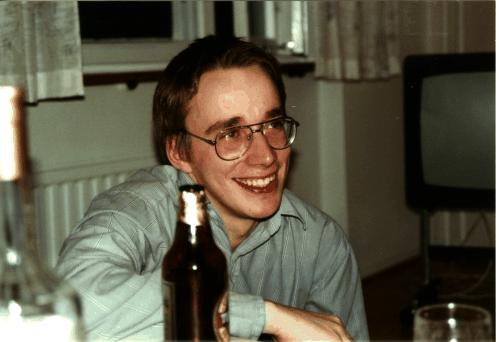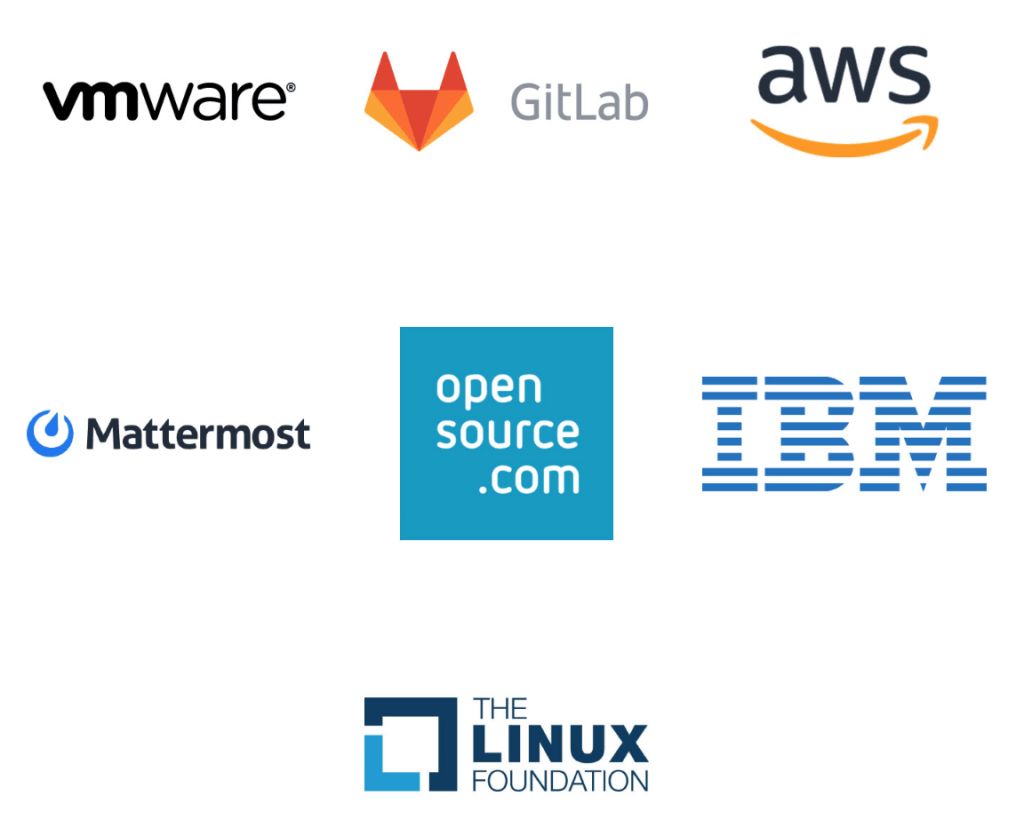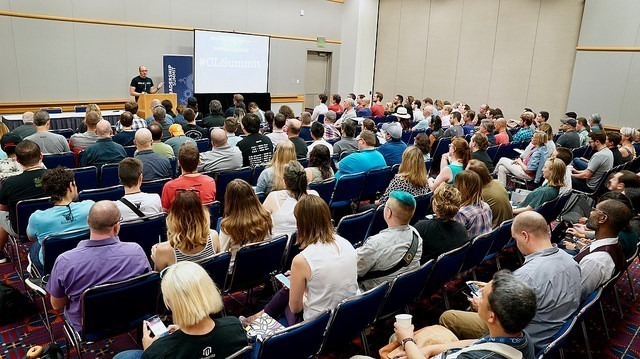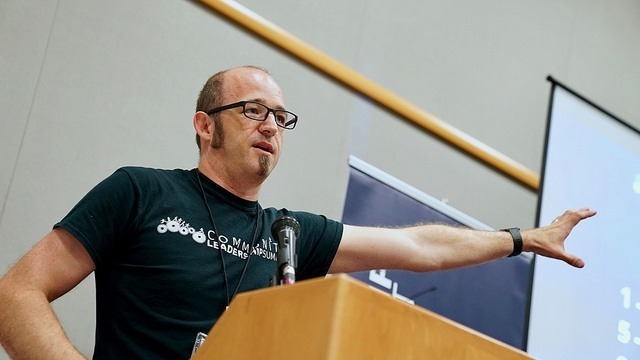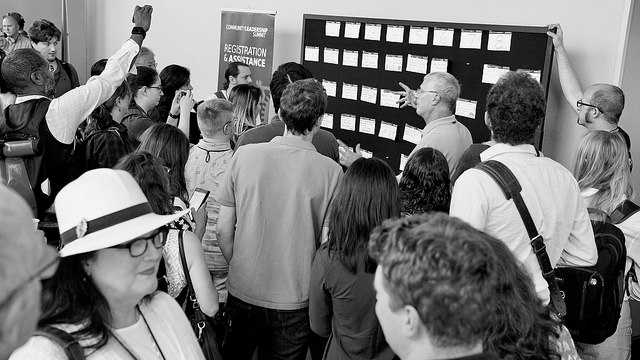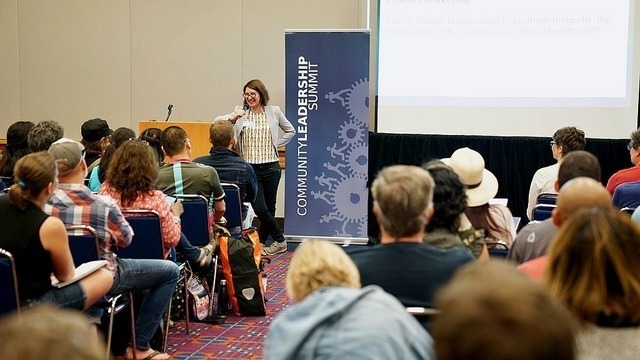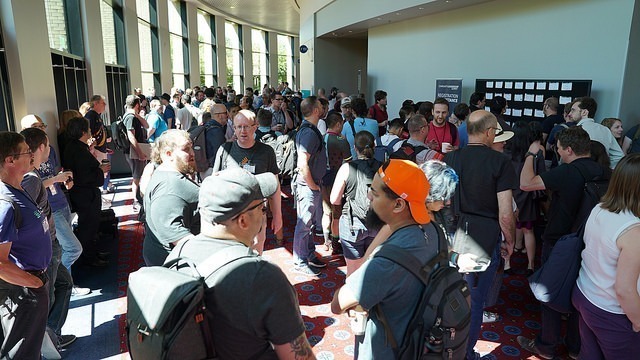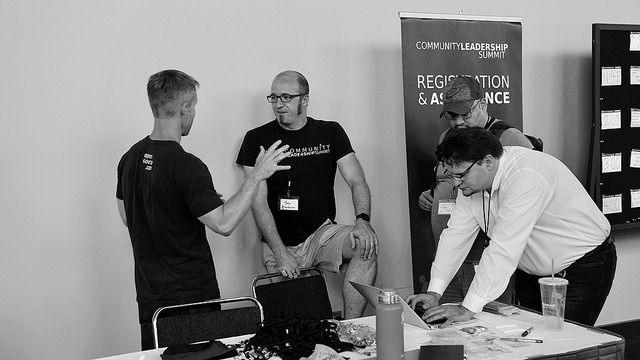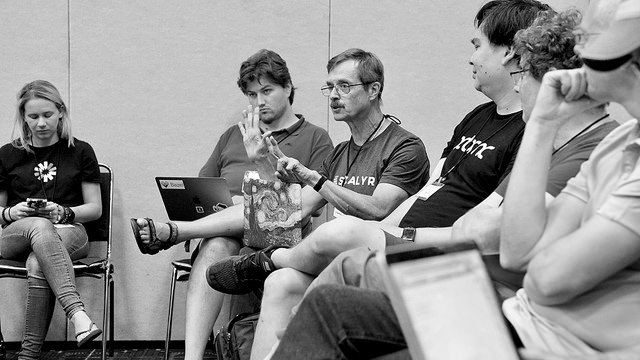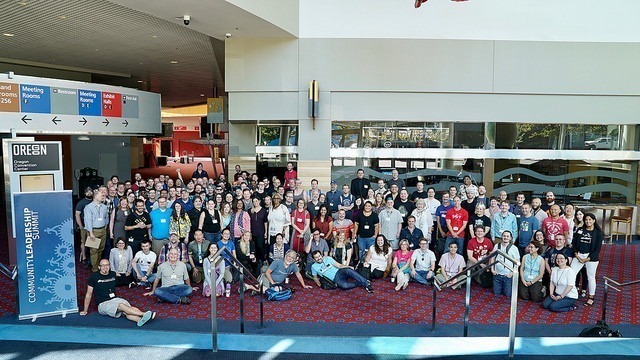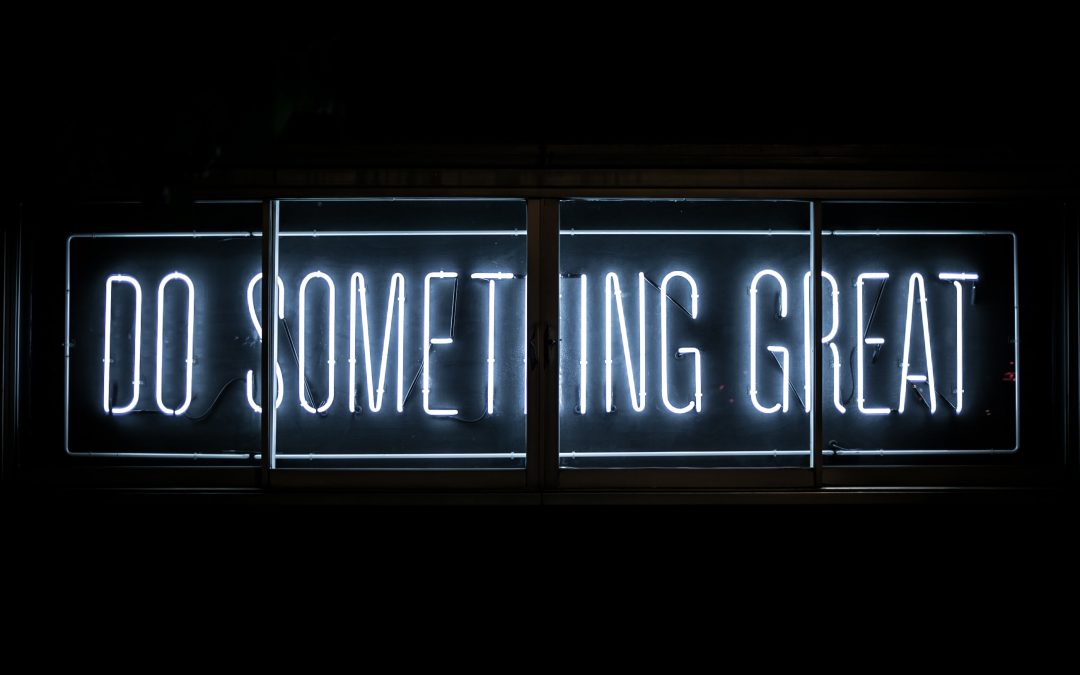
Interview with Matt Keller about the Global Learning XPRIZE Progress, Finalists, and Field Trials
One of my proudest achievements when I worked at XPRIZE was playing a role in the Global Learning XPRIZE. This is a $15 million competition to produce an Android app that teaches children to read, write, and perform arithmetic using a tablet, and without the aid of a teacher within 18 months.
The prize is currently in field trials, and I recently caught up with Matt Keller who leads the prize, talking about the progress of the teams, the finalists, the field trials and more. Check it out:
I think this prize shows enormous potential in producing autonomous learning in the remotest of regions in the world.

Video: 10 Avoidable Career Mistakes (and How to Conquer Them)
I don’t claim to be a career expert, but I have noticed some important career mistakes many people make (some I’ve made myself!). These mistakes span how we approach our career growth, balance our careers with the rest of our lives, and the make the choices we do on a day to day basis.
In the latest episode of my Open Organization video series, I delve into 10 of the most important career mistakes people tend to make. Check it below:
So, now let me turn it to you. What are other career mistakes that are avoidable? What have you learned in your career? Share them in the comments below!
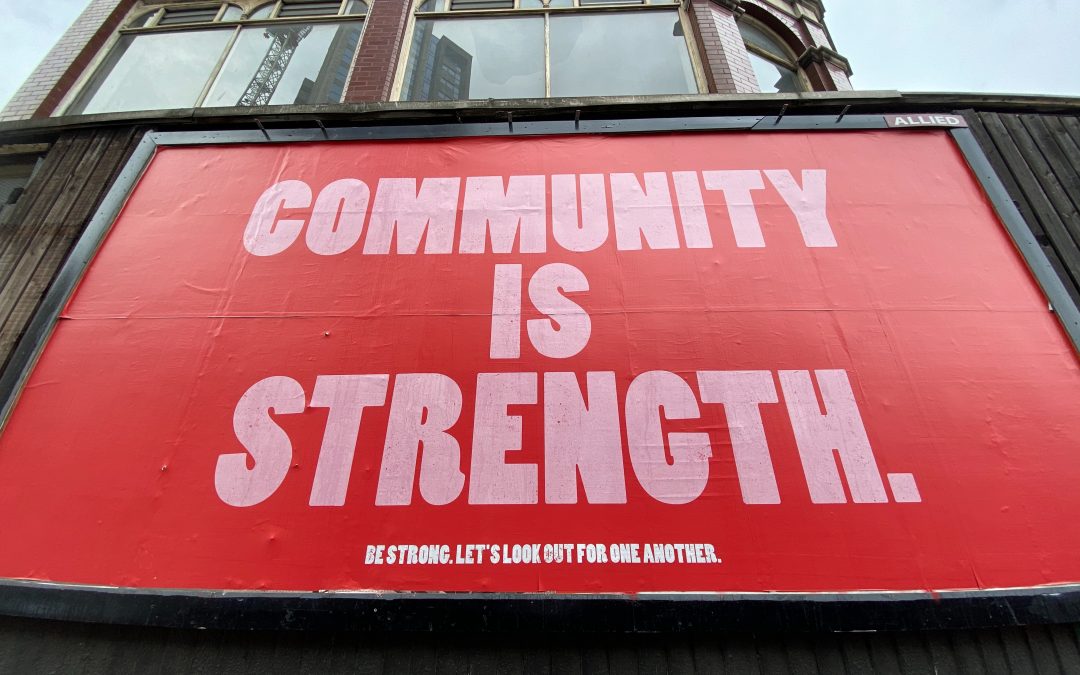
My Clients Are Hiring Community Roles: Corelight, Scality, and Solace
One of the things I love about working with such a diverse range of clients is helping them to shape, source, and mentor high-quality staff to build and grow their communities.
Well, three of clients Corelight, Scality, and Solace are all hiring community staff for their teams. I know many of you work in community management, so I always want to share new positions here in case you want to apply. If these look interesting, you should apply via the role description – don’t send me your resume. If we know each other (as in, we are friends/associates), feel free to reach out to me if you have questions.
(These are listed alphabetically based on the company name)
Corelight Director of Community
Corelight are doing some really interesting work. They provide security solutions based around the Bro security monitor, and they invest heavily in that community (hiring staff, sponsoring events, producing code and more). Corelight are very focused on open source and being good participants in the Bro community. This role will not just serve Corelight but also support and grow the Bro community.
Scality Technical Community Manager
I started working with Scality a while back with the focus of growing their open source Zenko community. As I started shaping the community strategy with them, we hired for the Director Of Community role there, and my friend Stefano Maffulli got it, who had done great work at Dreamhost and OpenStack.
Well, Stef needs to hire someone for his team, and this is a role with a huge amount of potential. It will be focused on building, fostering, and growing the Zenko community, producing technical materials, working with developers, speaking, and more. Stef is a great guy and will be a great manager to work for.
Solace Director Of Community and Developer Community Evangelist
Solace have built a lightning-fast infrastructure messaging platform and they are building a community focused on supporting developers who use their platform. They are a great team, and are really passionate about not just building a community, but doing it the right way.
They are hiring for two roles. One will be leading the overall community strategy and delivery and the other will be an evangelist role focused on building awareness and developer engagement.
All three of these companies are doing great work, and really focused on building community the right way. Check out the roles and best of luck!

Linus, His Apology, And Why We Should Support Him
Today, Linus Torvalds, the creator of Linux, which powers everything from smartwatches to electrical grids posted a pretty remarkable note on the kernel mailing list.
As a little bit of backstory, Linus has sometimes come under fire for the ways in which he has expressed feedback, provided criticism, and reacted to various scenarios on the kernel mailing list. This criticism has been fair in many cases: he has been overly aggressive at times, and while the kernel maintainers are a tight-knit group, the optics (not just of what it looks like, but what is actually happening), particularly for those new to kernel development has often been pretty bad.
Like many conflict scenarios, this feedback has been communicated back to him in both constructive and non-constructive ways. Historically he has been seemingly reluctant to really internalize this feedback, I suspect partially because (a) the Linux kernel is a very successful project, and (b) some of the critics have at times gone nuclear at him (which often doesn’t work as a strategy towards defensive people). Well, things changed today.
In his post today he shared some self-reflection on this feedback:
This week people in our community confronted me about my lifetime of not understanding emotions. My flippant attacks in emails have been both unprofessional and uncalled for. Especially at times when I made it personal. In my quest for a better patch, this made sense to me. I know now this was not OK and I am truly sorry.
He went on to not just share an admission that this has been a problem, but to also share a very personal acceptance that he struggles to understand and engage with people’s emotions:
The above is basically a long-winded way to get to the somewhat painful personal admission that hey, I need to change some of my behavior, and I want to apologize to the people that my personal behavior hurt and possibly drove away from kernel development entirely.
I am going to take time off and get some assistance on how to understand people’s emotions and respond appropriately.
His post is sure to light up the open source, Linux, and tech world for the next few weeks. For some it will be celebrated as a step in the right direction. For some it will be too little too late, and their animus will remain. For some they will be cautiously supportive, but defer judgement until they have seen his future behavior demonstrate substantive changes.
My Take
I wouldn’t say I know Linus very closely; we have a casual relationship. I see him at conferences from time to time, and we often bump into each other and catch up. I interviewed him for my book and for the Global Learning XPRIZE. From my experience he is a funny, genuine, friendly guy. Interestingly, and not unusually at all for open source, his online persona is rather different to his in-person persona. I am not going to deny that when I would see these dust-ups on LKML, it didn’t reflect the Linus I know. I chalked it down to a mixture of his struggles with social skills, dogmatic pragmatism, and ego.
His post today is a pretty remarkable change of posture for him, and I encourage that we as a community support him in making these changes.
Accepting these personal challenges is tough, particularly for someone in his position. Linux is a global phenomenon. It has resulted in billions of dollars of technology creation, powering thousands of companies, and changing the norms around of how software is consumed and created. It is easy to forget that Linux was started by a quiet Finnish kid in his university dorm room. It is important to remember that just because Linux has scaled elegantly, it doesn’t mean that Linus has been able to. He isn’t a codebase, he is a human being, and bugs are harder to spot and fix in humans. You can’t just deploy a fix immediately. It takes time to identify the problem and foster and grow a change. The starting point for this is to support people in that desire for change, not re-litigate the ills of the past: that will get us nowhere quickly.
I am also mindful of ego. None of us like to admit we have an ago, but we all do. You don’t get to build one of the most fundamental technologies in the last thirty years and not have an ego. He built it…they came…and a revolution was energized because of what he created. While Linus’s ego is more subtle, and certainly not overstated and extending to faddish self-promotion, overly expensive suits, and forays into Hollywood (quite the opposite), his ego has naturally resulted in abrupt and fixed opinions on how his project should run. This sometimes results in him plugging fingers in his ears to particularly challenging viewpoints from others (he is not the only person guilty of this, many people in similar positions do too). His post today is a clear example of him putting Linux as a project ahead of his own personal ego.
This is important for a few reasons. Firstly, being in such a public position and accepting your personal flaws isn’t a problem many people face, and isn’t a situation many people handle well. I work with a lot of CEOs, and they often say it is the loneliest job on the planet. I have heard American presidents say the same in interviews. This is because they are the top of the tree with all the responsibility and expectations on their shoulders. Put yourself in Linus’s position: his little project has blown up into a global phenomenon, and he didn’t necessarily have the social tools to be able to handle this change. Ego forces these internal struggles under the surface and to push them down and avoid them. So, to accept them as publicly and openly as he did today is a very firm step in the right direction. Now, the true test will be results, but we need to all provide the breathing space for him to accomplish them.
So, I would encourage everyone to give Linus a shot. This doesn’t mean the frustrations of the past are erased, and he has acknowledged and apologized for these mistakes as a first step. He has accepted he struggles with understanding other’s emotions, and a desire to help improve this for the betterment of the project and himself. He is a human, and the best tonic for humans to resolve their own internal struggles is the support and encouragement of other humans. This is not unique to Linus, but to anyone who faces similar struggles.
All the best, Linus.
If you thought this was interesting, you might want to Join As a Member. This will ensure you never miss an article, you get access to exclusive member-only content, early-access to new projects and member-only events, and the possibility of winning free 1-on-1 workshops. It is entirely FREE and I will never sell your information or spam you (those people suck). Find out more here.

Design The Bacon Family Crest
Designers! We need your help! We want to produce a fun family crest for the Bacon family, something that really reflects us and who we are. This will go on a flag poll at our house and on napkins/coasters for parties.
Hello, Designers!
The Bacon family needs a Family Crest designing. We have a flag poll in our new house,
and we thought it could be fun to have a family crest that reflects us, our personalities,
and background. This will also go on some napkins and coasters for parties.
We want it to be amusing and fun, but also professional and classy. Please make it:
* Modern and classy. We don't want this to look medieval or old-school. We want it to look
classy, but contemporary.
* Amusing, but not cheesy.
* Either a single-color design, or max of 2 - 3 colors (that contrast really well).
* This should be hi-res so it can be printed on material with a solid background color.
As you design it, please try to incorporate the following (in priority order):
* Include the text "The Bacon Family" near the top.
* Add the latin "Sicut delectamentum cibum prandium." near the bottom (which is latin
for "Like the delicious breakfast meat" - we say this when we say our name and check in
hotels, because people always assume our name isn't as ridiculous as "Bacon")
* The USA, British, and Italian flags in some form.
* Incorporate key symbols that reflect us:
- Food/Cooking.
- Music/Heavy Metal (e.g. a Rhandy Rhoads guitar.)
- Technology.
- People/Community (people getting together to do cool things.)
As food for thought, I like these:
* https://www.teepublic.com/phone-case/597879-rahoxah-family-crest
* https://www.pinterest.ca/pin/42573158947630583/
Interested?
JOIN THE 99DESIGNS CONTEST ($350 fee)
There is only four days to submit entries!

ZBiotics Crowdfunding Campaign Launched
A little while ago I worked with a client called ZBiotics. They are producing an engineered probiotic which that can be a hangover cure, but the technology has a wealth of other potential applications outside of making your morning-after a little less brutal.
They were interested in running a crowdfunding campaign. I have run a few campaigns before (the $12.7 million Ubuntu Edge, and the $1million Global Learning XPRIZE) and I provided strategic guidance for the Mycroft Mark II (which raised $395k of it’s $50k goal).
I like Zack and Stephen. They seem like good guys who want to build a company the right way. I sat down and provided some training around how to structure and deliver their campaign. This was a complex one because they are not only delivering a practical consumer product (hangover cure) but their technology is also the secret sauce. Both of these are important parts of the message.
They launched it yesterday with a goal of $25,000 and already smashed past that in Day 1. Here is their overview video:
Can’t see it? See it here.
Go and check it out.

Video: How to Manage and Work With Difficult Personalities
Every organization, community, and family has difficult people in them. Some get overly agitated, some are not constructive in their criticism, some rub other people up the wrong way, some always commit but never deliver, and other traits.
In my new video I share some details for how to manage these types of personalities. I share some golden rules for handling them, how to analyze the situation well, and a method for building a resolution and solving problems.
Here it is:
Can’t see it? Watch it here.
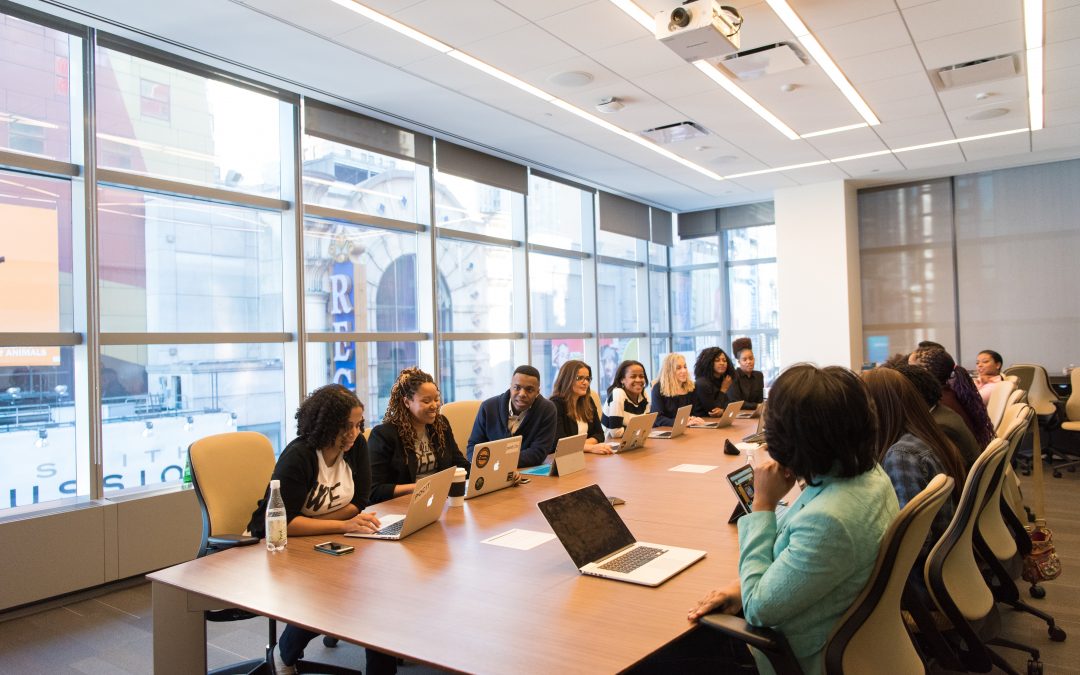
Community Leadership Summit Recap and Pictures
A few weeks ago I ran the ninth annual Community Leadership Summit in Portland, Oregon. As usual, O’Reilly provided the venue space and AV for us (as it happens the weekend before OSCON), and we had a fantastic line-up of sponsors, including:
Many thanks to all our fantastic sponsors!
The event was fantastic. We had over 200 great attendees (from all manner of backgrounds, disciplines, and experience), 8 keynotes, 40+ discussion sessions, and a raft of fantastic hallway discussions, social events, and more. Thanks also to Todd Lewis, Aaron Griswold, Van Riper, Catharine Lipton, and others who helped make this a success.
While CLS is in it’s ninth year, this year felt even more energized than usual. There were some deep, complex discussions getting to the heart of how people collaborate, and these conversations covered a wide range of topics.
Here are some photos from the event (thanks to Jim Grizanzio for taking these, and see the full album):
See you next year, everyone!
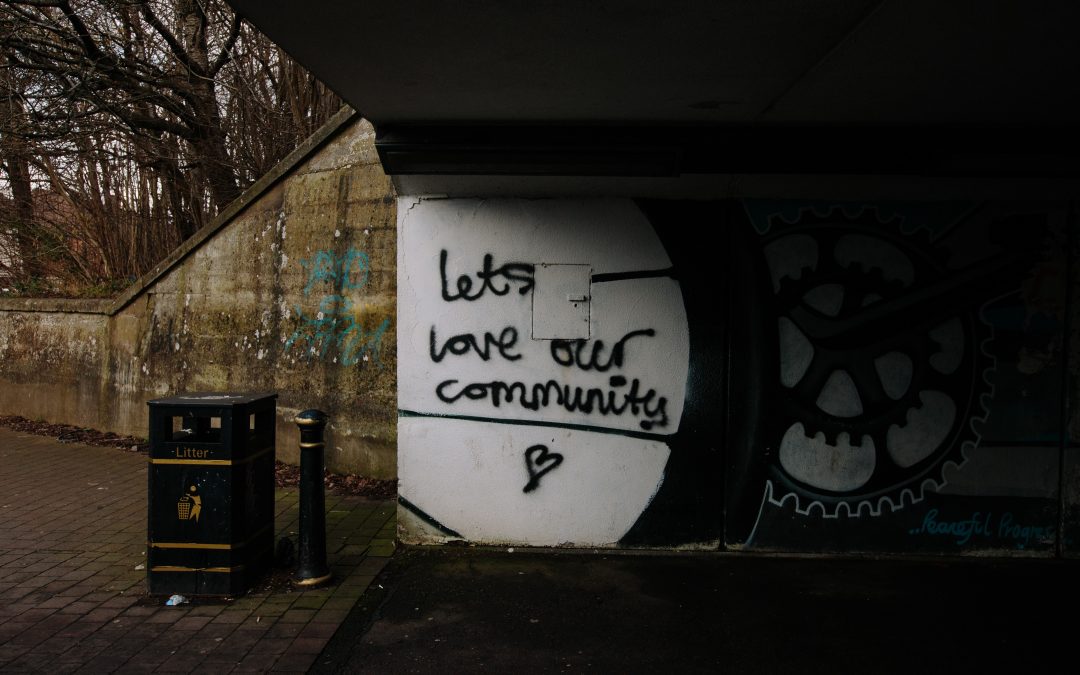
Video: Interview About the Evolution and Professionalization of Community Management
Last week I ran the Community Leadership Summit in Portland, Oregon, and also attended the OSCON summit there. It was a fantastic week and I will be following up with more details about CLS soon.
While there, my old friend (and editor of The Art of Community), Andy Oram, asked if he could interview me about how community leadership has evolved over the years. We had an interesting discussion, touching on how this work has changed, how the job descriptions and roles have adjusted, how companies fit it into their organizations, and more.
You can watch it here:
Can’t see the video? See it here.
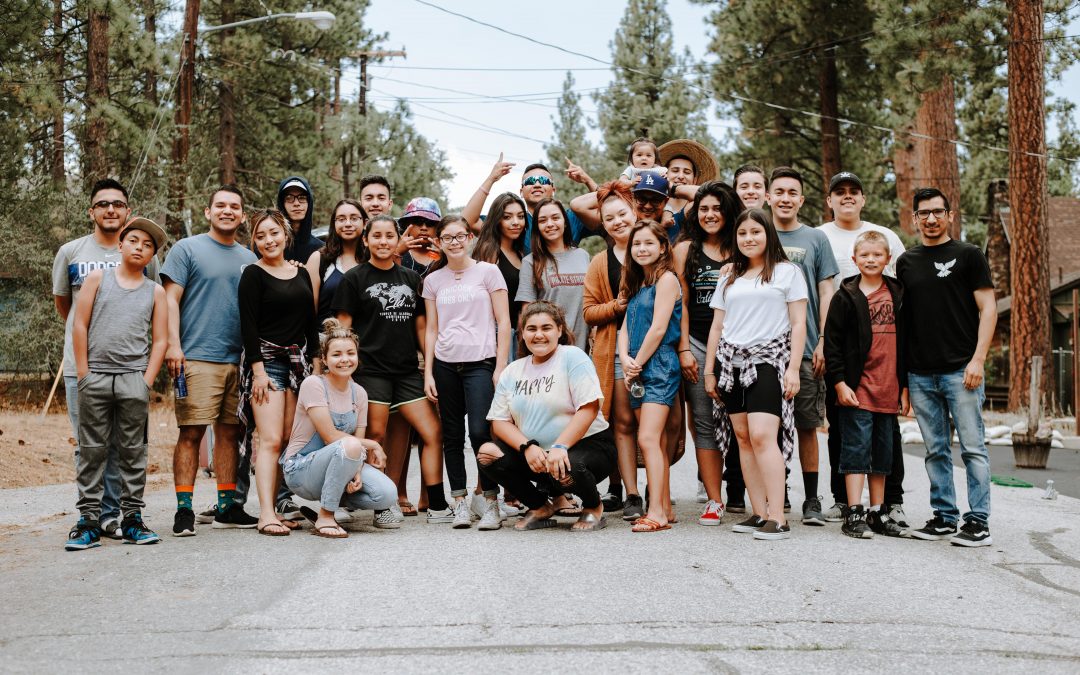
Video: Building Community Leadership: A Guide
Community leadership is critical for building communities that can grow and scale. This leadership isn’t just important for ensuring the community can make the right choices and accomplish their results, but also in training and developing future generations of participants and leaders. We simply can’t build a community without great leadership.
So, along these lines, at DevXCon in San Francisco I delivered a keynote on community leadership; a largely non-technical talk for a largely technical developer relations crowd.
“You are bonkers, Bacon”, I hear you say.
Well, hold your horses. Effective leadership, how we identify quality leaders, and how we foster great leadership at scale is critical to all communities, and isn’t a technology challenge. It is a culture challenge.
Here is the keynote:
Can’t see the video? Click here.
In the session I talk about:
- Behavioral economics and how it drives the way we think.
- The two different parts of our brain and how it affects our behavior.
- The importance of active listening.
- How we make more efficient decisions.
- How to get productive work done.
- The importance of humility and conviction.
- How self awareness is critical in developing leadership skills.
- An approach to formulating these principles in a way to consistently identify and grow community leaders and use them to mentor and grow others.
I talk quite a bit about community leadership. You may also want to check out Effect Project Management (Without Sucking), as well as how to use Mimicry and the Ikea Effect to develop more effective leadership
I would love to hear your ideas about what great leadership consists of and how you have approached this. Share your thoughts in the comments!

